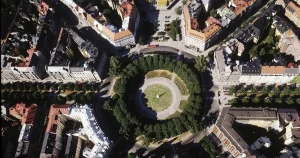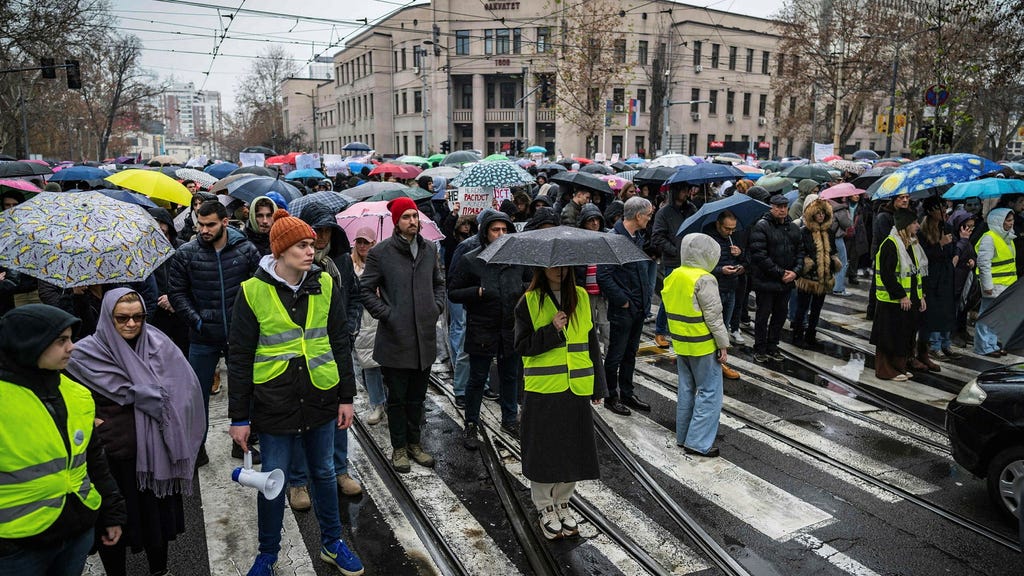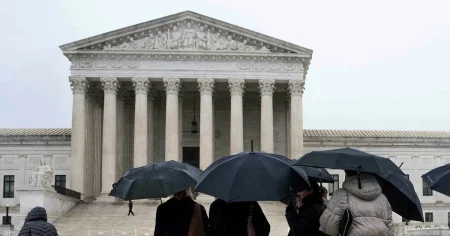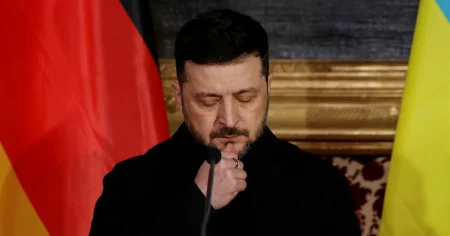The tragic collapse of the concrete roof at the entrance of the Novi Sad train station in Serbia has ignited a firestorm of public outrage and fueled widespread protests that have gripped the nation for over seven weeks. The incident, which occurred during rush hour, claimed the lives of fifteen individuals and injured many more, leaving an indelible scar on the city and the nation. The timing of the collapse, amidst ongoing renovations at the station, has intensified public scrutiny and directed blame towards authorities for alleged negligence, inadequate oversight, and deeply ingrained corruption. The incident has become a focal point of public frustration with perceived systemic failures and has galvanized a movement demanding accountability and change.
The immediate aftermath of the collapse saw a wave of resignations, most notably that of Goran Vesic, the Minister for Construction, Transport, and Infrastructure. While this move was seen by some as a gesture of accountability, the public outcry has continued unabated, with protestors demanding further action. The demonstrations, organized largely by university students, have taken on a somber and symbolic tone. The most recent protest on Sunday began with fifteen minutes of silence, a poignant tribute to each life lost in the tragedy. This silent act of remembrance underscored the depth of public grief and the unwavering resolve to seek justice for the victims.
Beyond the resignation of Minister Vesic, protestors are calling for the resignation of Prime Minister Milos Vucevic and Novi Sad Mayor Milan Duric. They argue that these high-ranking officials bear ultimate responsibility for the failures that led to the collapse and must be held accountable. The protests represent a broader public sentiment that goes beyond the immediate tragedy, reflecting widespread frustration with perceived government inaction and a lack of transparency surrounding infrastructure projects. The demands for resignations symbolize a call for a systemic overhaul and a commitment to prioritizing public safety.
Central to the protestors’ demands is the call for criminal prosecution of those directly responsible for the collapse. While resignations represent a form of political accountability, the public is demanding legal repercussions for those whose negligence or malfeasance contributed to the loss of life. This demand reflects a desire for justice and a commitment to preventing similar tragedies in the future. It highlights the public’s belief that accountability should extend beyond political gestures and encompass legal consequences for those whose actions directly led to the devastating outcome.
The Novi Sad train station, prior to the collapse, had been undergoing extensive renovations. This fact has further fueled public anger and suspicion, raising questions about the quality of the renovations, the oversight of the construction process, and the potential for corruption in the awarding and execution of the renovation contracts. The ongoing construction work at other parts of the station at the time of the incident adds another layer of complexity to the investigation and raises concerns about whether proper safety protocols were followed. The timing of the collapse, during peak passenger traffic, has magnified the tragedy and intensified scrutiny of the safety measures in place during the renovation period.
The ongoing protests following the Novi Sad train station collapse represent a significant moment of public reckoning in Serbia. The tragedy has exposed deep-seated concerns about government accountability, transparency in infrastructure projects, and the prioritization of public safety. The demands for resignations and criminal prosecutions reflect a growing public demand for systemic change and a commitment to ensuring that those responsible for the tragic loss of life are held accountable. The fifteen minutes of silence observed by the protestors serves as a powerful reminder of the human cost of negligence and a call for a future where such tragedies are prevented through greater vigilance, transparency, and accountability. The continuing demonstrations signal a determined public resolve to push for meaningful change and ensure that the lessons learned from this tragedy are translated into concrete actions to protect public safety.














